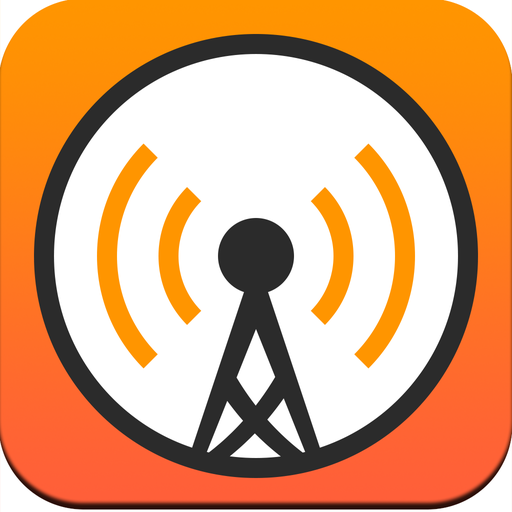
Back when I first got an iPod Touch I was way into podcasts. There were some weirdly terrible ones back then that changed me, man. But for a while my biggest reason for listening to podcasts was because I was commuting, and I needed something brain-stimulating while I was on the road. Ever since I moved closer to my worksite, however, I’ve been doing far less with podcasts, and I realized that I actually miss it. So I decided to get back into it.
My mistake, unfortunately, was that I did some research before trying to get back into podcasts. I should have just downloaded the apple podcasts app and gone on from there. But that’s not my style. Long story short, I didn’t really listen to any podcasts at all for a few months while I decided which app I wanted to use. In my wanderings I discovered that Marco Arment of Instapaper fame was making a new podcasting app called Overcast. This made me happy; I have loved Instapaper for years1, and I respect his appreciation for minimal presentation around the content.
So I waited for Overcast to actually come out, again, putting off my dive back into the world o’ podcasts. I played with Downcast for a while, but wasn’t in love with it.
So, Overcast came out, and I wasted no time downloading it and getting back into the world of people talking at their computers.
And I’m quite impressed2. Every part of Overcast shows signs of methodical, reasoned, intelligent design and execution. Which is quite a claim to make of a podcast player, I realize. I mean, all it has to do is mash an RSS reader with an audio player, right?
Well, sure, but you can do so much better. Podcast listeners have gotten used to a few things; they want their shows intelligently managed, downloaded (and removed) according to a schedule and without undue fussing. They want to be able to speed up speech-only podcasts, because you can listen much faster than people can speak. They want to find new and interesting things to listen to in-app.
And Overcast provides all of this, with aplomb. Everything is simple, easy to hand, and easy to use. But they added a few nice touches that I haven’t seen elsewhere. My favorite is “Smart Speed”, which intelligently goes through and deletes pauses and breaks in the conversation, but in a very natural way. I have literally no idea how it does it, and indeed, I wasn’t even sure it was doing it for the first few times I used it, because everything sounded so natural. Occasionally it will get stuck in the middle of someone’s vocal gesturing and make them sound a bit robotic, but this is rare. For the most part it just saves me time without getting in the way.
And Overcast includes even more awesomeness in the form of the overcast.fm website. If you set up an account it will keep track of your status across devices, and also gives you a web player which also stays in sync. I created a Fluid app for Overcast on my macbook pro, which lets me listen transition from the iPhone to the desktop without missing a beat.
Finishing off the excellent features of Overcast is Marco himself. the @Overcast twitter account is where he responds to user requests and questions, and he is listening, yo. Overcast is evolving based on user feedback, quickly and, again, intelligently.